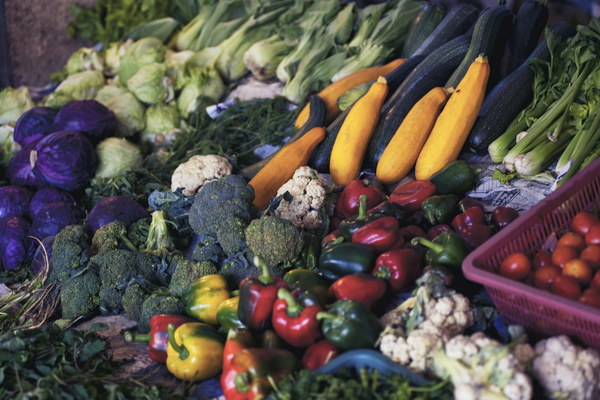The Approval Process for Herbal Health Teas A Comprehensive Guide
Introduction:
Herbal health teas have gained immense popularity in recent years due to their numerous health benefits and natural ingredients. However, before these teas can be sold and consumed by the public, they must undergo a rigorous approval process to ensure safety and efficacy. In this article, we will explore the various stages involved in the approval process for herbal health teas and provide insights into the factors that contribute to their success.
1. Research and Development:
The journey of an herbal health tea begins with extensive research and development. Companies must identify and cultivate the appropriate herbs, ensuring they meet the required quality standards. Researchers must also conduct studies to validate the health benefits of the chosen herbs and determine the optimal dosage for the tea.
2. Preclinical Studies:
Once the herbs are selected, the next step is to conduct preclinical studies. These studies involve testing the herbal tea on animals to assess its safety and effectiveness. Researchers analyze the results to determine if the tea can be considered safe for human consumption.
3. Clinical Trials:

After preclinical studies, the herbal tea must undergo clinical trials involving human subjects. These trials are designed to evaluate the tea's safety, efficacy, and potential side effects. Clinical trials are typically conducted in three phases, with each phase involving a different number of participants and increasing the complexity of the study design.
4. Regulatory Compliance:
Once the clinical trials are completed, the company must submit the results to the relevant regulatory authority, such as the Food and Drug Administration (FDA) in the United States or the European Medicines Agency (EMA) in Europe. The regulatory authority reviews the data and assesses whether the herbal tea meets the required safety and efficacy standards.
5. Labeling and Packaging:
The approval process also involves the review of labeling and packaging. The regulatory authority examines the product's labeling to ensure it accurately reflects the contents, ingredients, and health claims. Additionally, the packaging must meet safety and quality standards to protect the product during storage and transportation.
6. Market Authorization:
Once the regulatory authority is satisfied with the safety and efficacy of the herbal health tea, it grants market authorization. This means the tea can be sold and consumed by the public. The company must comply with any conditions or restrictions imposed by the regulatory authority during this stage.
7. Post-Market Surveillance:
After the herbal health tea is on the market, post-market surveillance is conducted to monitor its safety and efficacy. This involves collecting and analyzing data on adverse events and effectiveness, allowing the regulatory authority to take appropriate action if any issues arise.
Conclusion:
The approval process for herbal health teas is a complex and meticulous process, designed to ensure the safety and efficacy of these products. From research and development to market authorization and post-market surveillance, each stage plays a crucial role in protecting consumers and upholding the integrity of the herbal tea industry. By adhering to these stringent guidelines, companies can provide consumers with high-quality, beneficial herbal health teas that contribute to their overall well-being.









